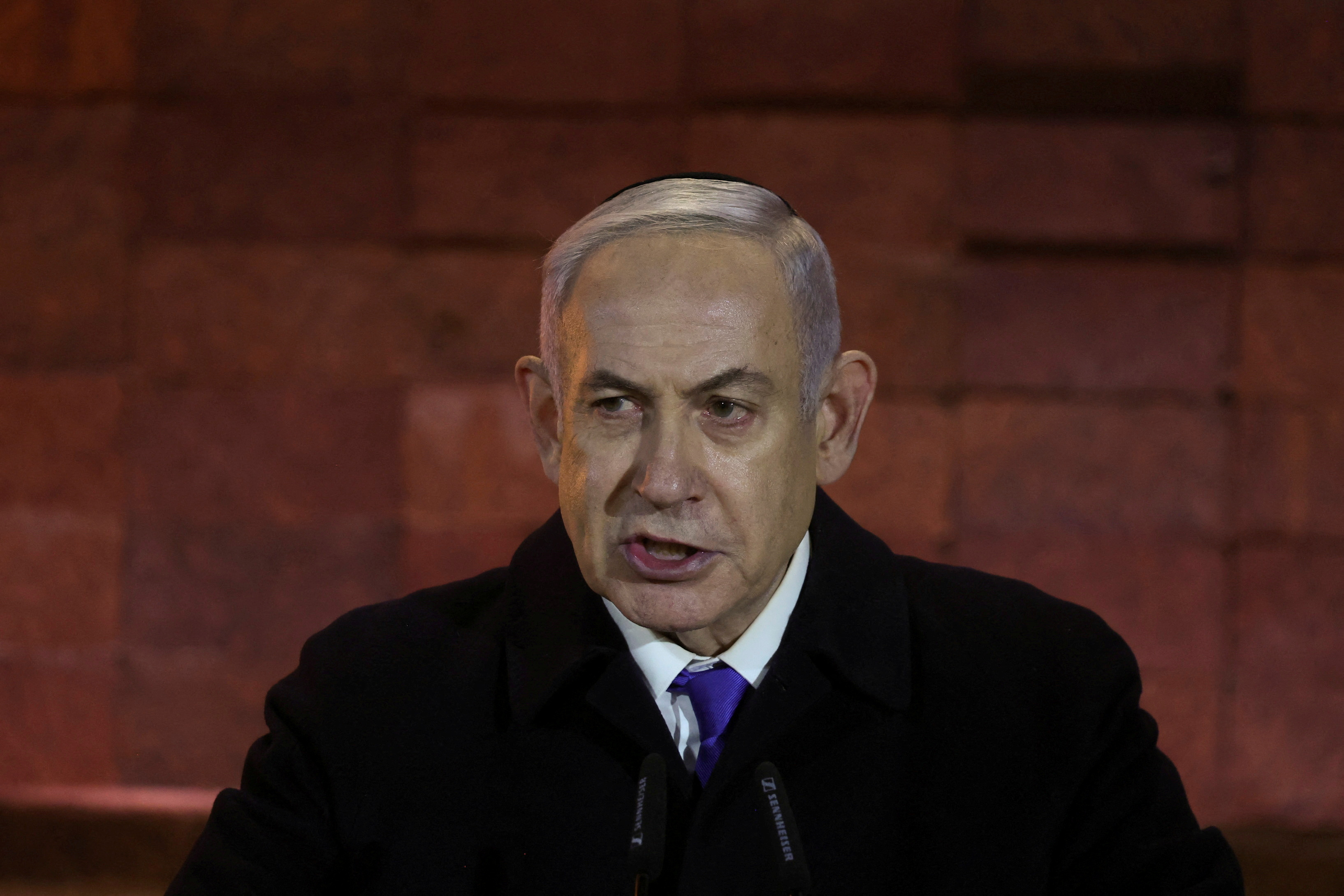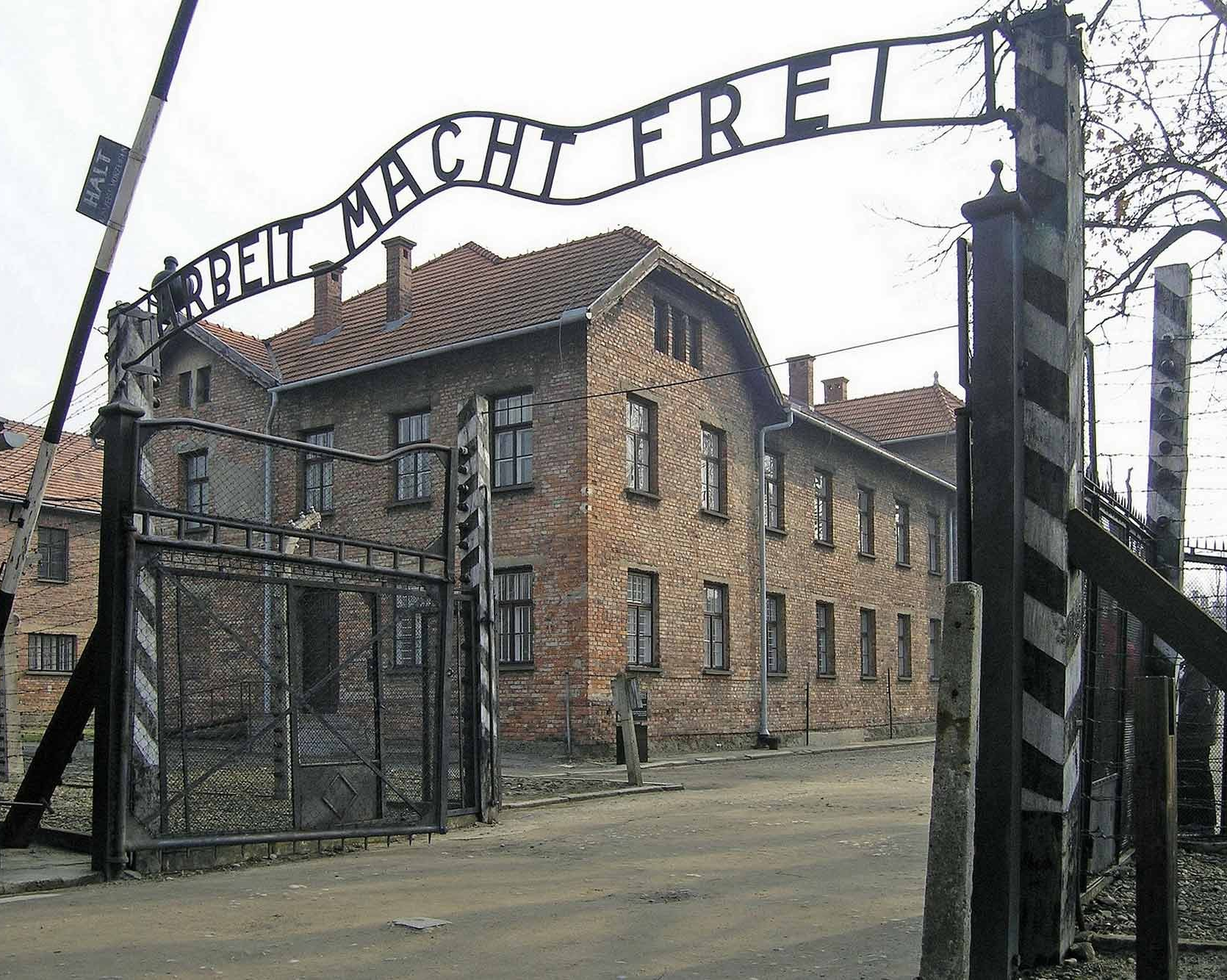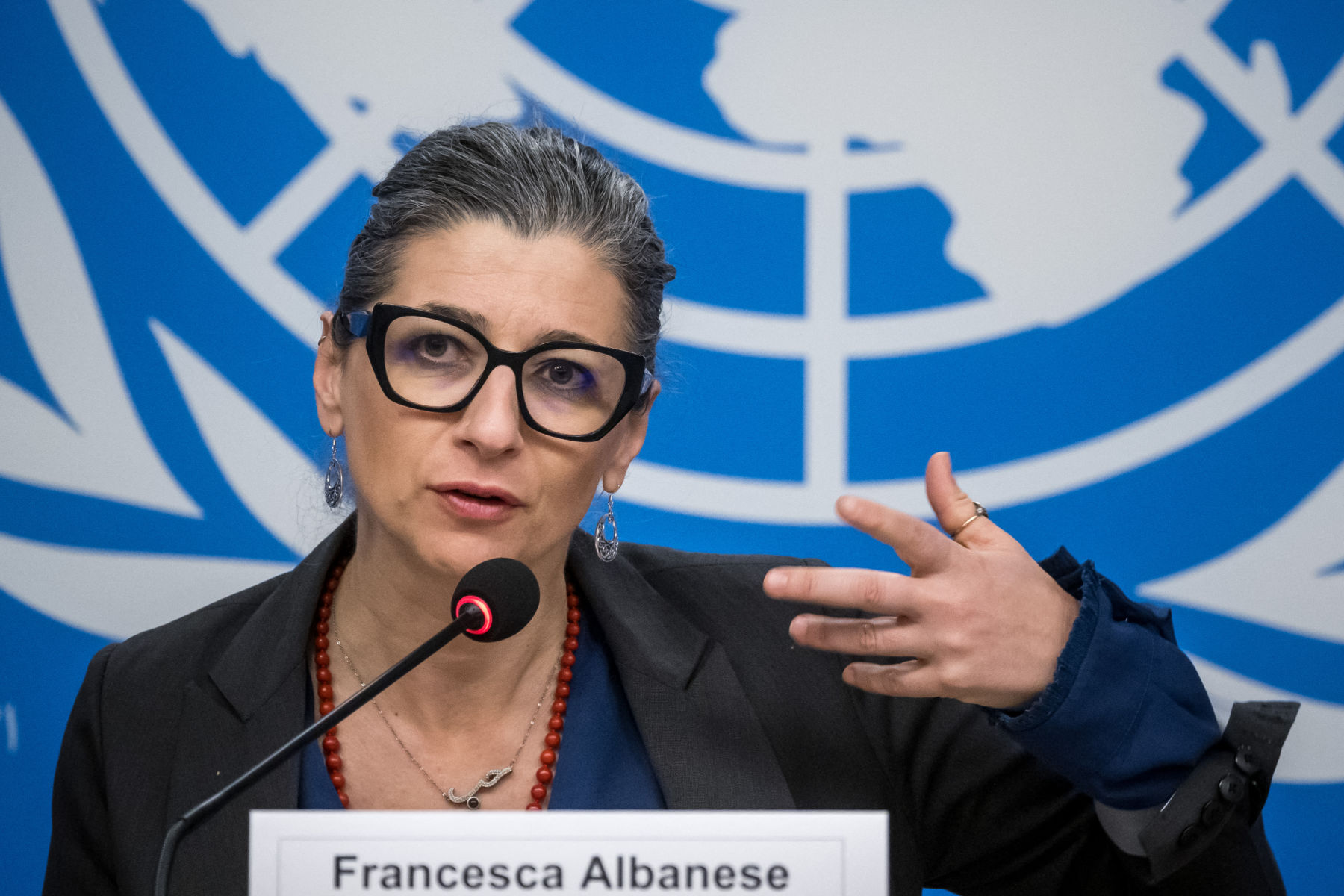"The Holocaust: Remembering And Understanding The Genocide" - The Holocaust remains one of the darkest chapters in human history, a horrific genocide that resulted in the deaths of millions of people, primarily Jews, at the hands of the Nazi regime during World War II.
Editor's Notes: "The Holocaust: Remembering And Understanding The Genocide" its been published today is a comprehensive resource that provides essential
Our team has done extensive research, analysis, and digging into information to compile this The Holocaust: Remembering And Understanding The Genocide guide to empower you with a better understanding.
The Holocaust: Remembering And Understanding The Genocide. A tremendous loss of lives, a tremendous loss for humanity, and a tremendous loss for our world. As we remember the victims of the Holocaust, we must also recommit ourselves to fighting hatred, intolerance, and discrimination in all its forms.
Editor's Notes: "The Holocaust: Remembering And Understanding The Genocide" have published today, January 27, 2023. The Holocaust is a painful reminder of the darkest chapter in human history. It is important to remember and understand the Holocaust so that we can prevent such atrocities from happening again.
Our team has analyzed and dug into a wealth of information to gather everything we have about The Holocaust: Remembering And Understanding The Genocide. This guide will provide you with the information you need to make the right decision.
FAQ
In this section, we'll address some frequently asked questions about the Holocaust, providing accurate information and dispelling common misconceptions.
Question 1: What was the Holocaust?
The Holocaust was the systematic, state-sponsored persecution and murder of approximately six million Jewish people by Nazi Germany and its collaborators during World War II.

No date set for Netanyahu's address to US Congress, Israel says | Reuters - Source www.reuters.com
Question 2: How did the Nazis come to power?
The Nazi Party gained political power in Germany through a combination of political maneuvering, economic instability, and the exploitation of anti-Semitism and nationalism.
Question 3: What were the stages of the Holocaust?
The Holocaust unfolded in several stages, including the Nuremberg Laws, Kristallnacht, the establishment of ghettos and concentration camps, and the implementation of the "Final Solution" at extermination camps.
Question 4: Who were the victims of the Holocaust?
The primary victims of the Holocaust were Jewish people. However, other groups, such as Roma, disabled people, homosexuals, and political dissidents, were also targeted by the Nazis.
Question 5: How did the Holocaust end?
The Holocaust ended with the defeat of Nazi Germany in 1945. The liberation of concentration camps by Allied forces revealed the horrors of the genocide.
Question 6: What are the lessons of the Holocaust?
The Holocaust teaches us about the dangers of hatred, discrimination, and unchecked power. It also emphasizes the importance of human rights, tolerance, and vigilance against tyranny.
Summary
The Holocaust was a profound tragedy that serves as a reminder of the human capacity for both good and evil. By understanding the causes, events, and consequences of the Holocaust, we can prevent similar atrocities from occurring in the future.
Conclusion
As we continue to remember and understand the Holocaust, we honor the victims and work towards a world where every individual is valued and protected.
Tips
To profoundly comprehend and commemorate The Holocaust: Remembering And Understanding The Genocide, consider these significant strategies:
Tip 1: Educate Yourself: Immerse yourself in scholarly texts, documentaries, and firsthand accounts to grasp the historical context, ideologies, and atrocities committed during the Holocaust. Understanding the genesis and mechanisms of genocide is crucial for its prevention.
Tip 2: Visit Holocaust Memorial Sites: Visiting physical memorials, such as Auschwitz-Birkenau or Yad Vashem, provides a tangible and poignant connection to the magnitude of the tragedy. These sites preserve the memory of victims and serve as a reminder to combat intolerance and hate.
Tip 3: Support Holocaust Education and Awareness: Promote Holocaust education in schools, communities, and organizations. Share resources, organize events, and advocate for programs that foster understanding and reconciliation.
Tip 4: Counter Holocaust Denial and Distortion: Challenge any attempts to deny or distort the Holocaust. Stand against historical revisionism and misrepresentation that perpetuate hatred and undermine the truth.
Tip 5: Foster Empathy and Tolerance: Cultivate empathy for victims and their families. Understand their experiences, resilience, and the lasting impact of the Holocaust. Promote tolerance, diversity, and respect to prevent such atrocities from recurring.
By implementing these strategies, we can honor the memory of Holocaust victims, prevent its recurrence, and build a more just and compassionate world.
The Holocaust: Remembering And Understanding The Genocide
The Holocaust, a horrific genocide, demands remembrance and comprehension. Six key aspects are crucial:
- Historical Context: Understanding the pre-war climate and events that led to the Holocaust.
- Perpetrators: Identifying the individuals and groups responsible for the genocide.
- Victims: Recognizing the millions of innocent lives lost during the Holocaust.
- Methods: Comprehending the systematic and brutal methods used to exterminate people.
- Aftermath: Examining the long-term impact and consequences of the Holocaust.
- Lessons Learned: Analyzing the lessons derived from the Holocaust to prevent future genocides.
These aspects provide a comprehensive understanding of the Holocaust. By remembering the historical context, perpetrators, victims, methods, and aftermath, we can gain insights into the darkest chapter of human history. Most importantly, by learning the lessons of the Holocaust, we can strive to create a world where such atrocities never occur again.

Remembering the Holocaust can help prevent genocide - Source www.concordia.ca

Joint Statement: Standing with the UN Special Rapporteur Francesca - Source pchrgaza.org
The Holocaust: Remembering And Understanding The Genocide
The Holocaust, a period of systematic state-sponsored mass murder by the Nazi regime during World War II that resulted in the deaths of an estimated six million Jews, is a profound and harrowing chapter in human history. "The Holocaust: Remembering and Understanding the Genocide" is a crucial component in the collective memory of this tragedy, serving as a reminder of humanity's capacity for evil and the importance of standing against intolerance, prejudice, and hatred.

Joint Statement for International Holocaust Remembrance Day - News Releases - Source www.gov.nl.ca
The Holocaust is a stark reminder of the devastating consequences of hatred and discrimination. It demonstrates how a society can become corrupted by fear, scapegoating, and the belief in the superiority of one group over another. Understanding the Holocaust is essential for preventing similar atrocities in the future.
Remembering the Holocaust is not just about paying tribute to the victims but also about learning from the past. By understanding the causes and conditions that led to the Holocaust, we can work to prevent future genocides. We can challenge prejudice and discrimination in all its forms, promote tolerance and understanding, and strengthen our commitment to human rights.
Conclusion
The Holocaust is a painful reminder of the horrors that humans are capable of inflicting on one another. It is a tragedy that we must never forget and from which we must draw lessons for the future. By remembering the Holocaust and understanding its causes and consequences, we can work to prevent similar atrocities and build a more just and equitable world.



